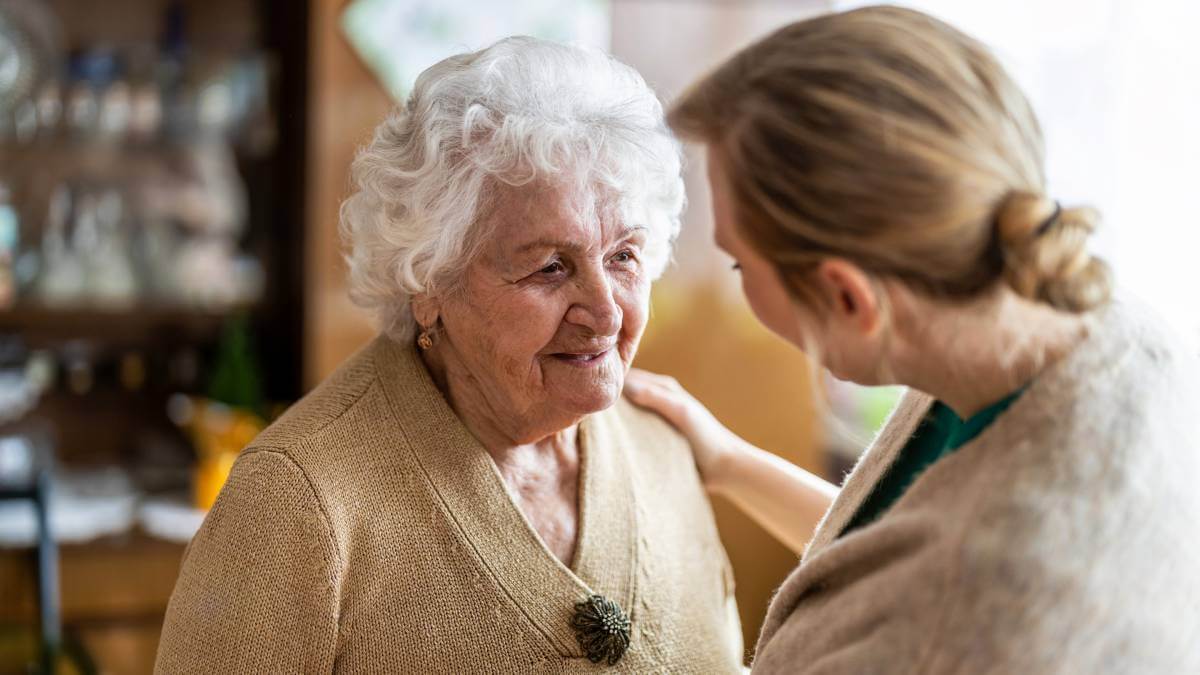Unpaid care is a fact of life. But the truth is, it comes at a cost – to the carer. Those hidden costs are the subject of a newly released report calling for them to be quantified.
The report, compiled by research institute McKell on behalf of superannuation giant HESTA, calls for government recognition and support for unpaid carers.
The report incorporates new research that found an average of 28 hours per person is spent providing unpaid care each week. Unsurprisingly, that unpaid care is more likely to be undertaken by women.
Unpaid care – changing the perspective
In introducing the report, author Rebecca Thistleton (executive director of the McKell Institute) poses a simultaneously poignant and confronting question.
“Why is it that buying cow’s milk to feed babies contributes to gross domestic product (GDP) and economic growth,” she asks, “but breastfeeding babies has no measurable economic value?”
Expanding on that question, Ms Thistleton continued: “Milking a cow is viewed as ‘productive’ work, economically quantified in government statistics, and recognised as essential. Breastfeeding is not.”
Some readers might feel Ms Thistleton’s comparison reduces the status of women to little more than cattle. But without viewing care work in economic terms, understanding its impact will be very difficult, says HESTA CEO Debby Blakey. This includes the impact on the financial and retirement outcomes of carers due to their reduced participation in the workforce.
Why is it so important to measure this?
According to Ms Blakey, unpaid care provided by those who also do paid work can have significant disruptive consequences. Members working in paid employment while providing unpaid care were facing significant financial strain, she said.
Perhaps even more significantly, Ms Blakey said providing unpaid care affected their mental health, the family and community wellbeing.
The report echoes this sentiment, providing supporting data. “The dual roles of caring at work and home is detrimental to the mental health and long-term financial stability of people working in the care sector, as shown in the survey data supporting this paper.”
Survey results showed that 92 per cent of respondents said juggling unpaid care demands adversely impacted their mental health. Half of those deemed that impact to be “quite significant”.
What needs to be done?
The McKell report has five major recommendations.
- The federal government should recognise the economic contribution of unpaid work.
- The federal government should ensure time-use survey data is part of assessing Human Right Compatibility for new bills.
- The federal government should provide mental and physical health support for unpaid carers.
- The Australian Bureau of Statistics (ABS) must prioritise unpaid work in time-use surveys.
- The ABS should design the new time-use survey based on consultation with people doing unpaid work to enable maximum participation.
Fortunately, the federal government has already introduced changes addressing the last two of those recommendations. Following the release of its report Measuring What Matters, Australia’s first wellbeing framework, in July, the federal government has announced the ABS will produce regular time-use surveys from 2024.
That’s a first step. How long it will be before the government implements any support measures for the many Australians doing unpaid care remains to be seen.
Is unpaid care part of your working life? What sort of impact has it had? Let us know via the comments section below.
Also read: Reforms are producing an aged care supply crisis, provider warns


I am so over this government we don’t deserve to be treated the way we are.I would just like to be treated like a75 year old no that can’t happen my husband is only 64 who is a very sick man and fighting a terrible decease which has no cure.I am not allowed to treated like a senior.Seniors in this country are the poorest paid just like careers which I am both.